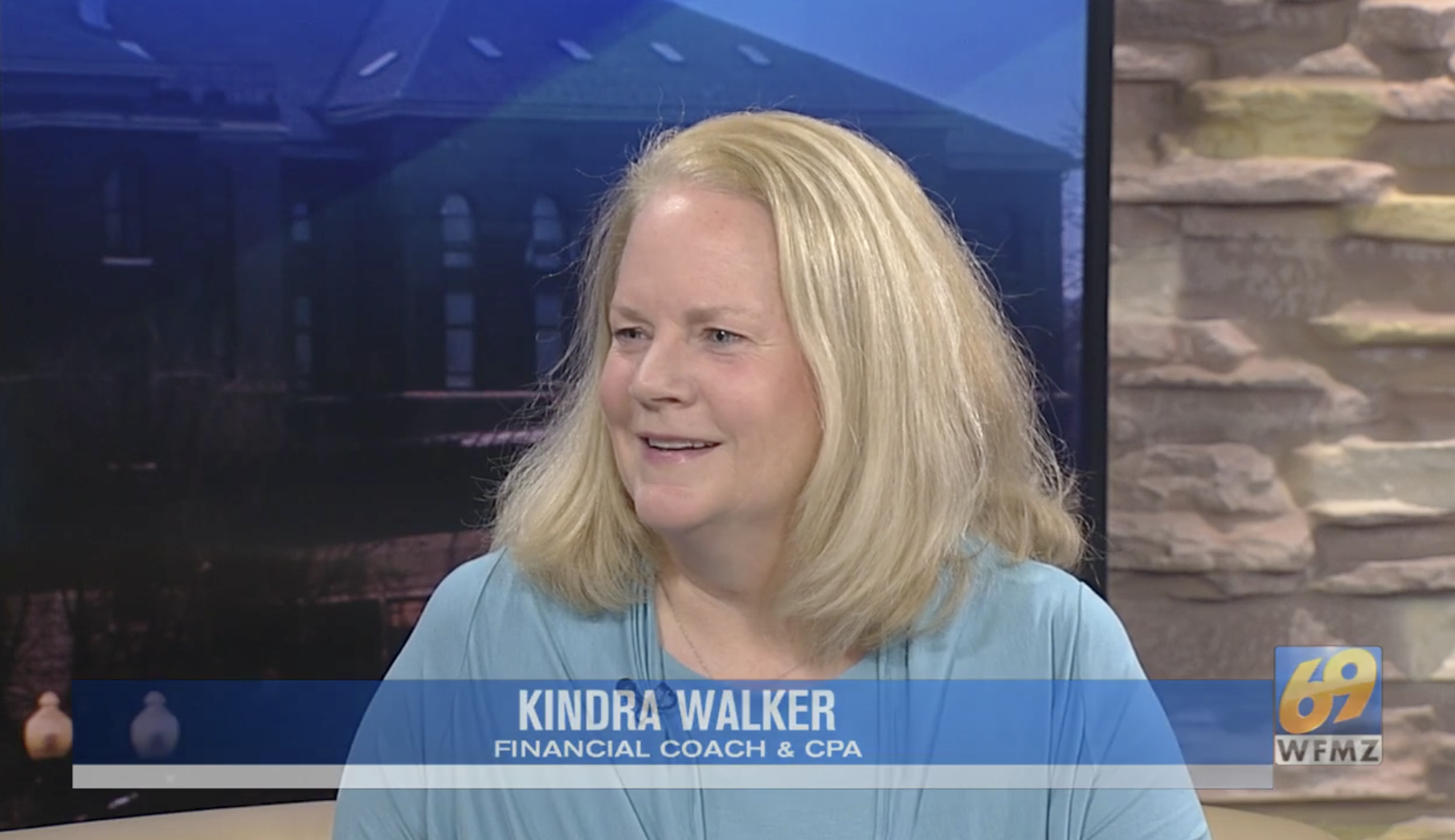
Yes, it’s that time of year…you start to see all of the commercials for great holiday gifts, luxury cars with bows, sparkly jewelry. In addition, you see all of the images of perfect holiday trees and perfectly happy families. For many people those images make them feel a little sad and a little (or more than a little) stressed.
According to a survey conducted in 2017 by the jobsite Career Builder 78% of American families are living paycheck to paycheck and according to the Report on the Economic Well-Being of U.S. Household in 2018 as many as 39% wouldn’t be prepared for a $400 emergency (Board of Governors of the Federal Reserve System, May 2019). This adds up to a whole lot of stress that can cause strain on families even without the expense and pressure to “keep up with the Joneses” during the holiday season.
After the rush of the holiday season and the motivation for those lofty New Year’s resolution starts to where thin, some people fall into a little bit of the winter doldrums…And that’s the time those credit card bills with all the holiday spending start to roll in.
Yes, it seemed like a good idea to buy everyone in your extended family the perfect gift or to check off all of the wants on your kid’s Christmas list. Oh, and don’t forget that gorgeous dress you bought for the office party, that you couldn’t afford. You just didn’t want anyone in your office to see you in the dress you wore last year. So you lied to your husband, saying “Oh, I’ve had this for years.” And how about the expensive champagne you bought for New Year’s because you didn’t want your friends to think you were cheap. You felt like a hero because you had created the perfect holiday for your family and friends, but when faced with the credit card bill and the reality that you won’t be able to pay that off in one payment, you don’t feel much like a hero anymore.
So if you don’t want the financial hangover from financial overindulgence during the holiday season, here are some tips:
Start with a budget. How much can you afford to spend? Write it down. If you are married, agree together how much you want to spend and one whom and don’t deviate. Financial infidelity is real. According to a poll taken by CreditCards.com only 61 percent of the individuals said they are fully are fully honest with their partner about their finances. And 31 percent of survey respondents said keeping credit cards and other accounts from a partner is worse than physical infidelity.
If you already have credit card debt or aren’t making substantial progress at paying off student loans or other types of consumer debt, than the answer is, you can’t afford very much, so you will need to prioritize. Kids and annual charitable contributions only? Pick a name and put a cap on the amount for other? Give your time as a gift, babysitting for your sister’s kids or getting groceries for your grandmother?
Ideally, you start the process early, and start to save for the holiday spending. Even if you are debt free, the holiday season is not a reason to get into debt.
If you haven’t kicked the credit habit, don’t use credit cards for holiday spending. Even if you intend to pay off the balance, many people will spend more with credit than if they are paying in cash. According to an article written by Bill Hardekopf published in Forbes magazine, “A number of studies have indicated that people do spend more when paying with a credit card. In 2001, Drazen Prelec and Duncan Simester of MIT published the results of their research in Marketing Letters. They found shoppers spend up to 100% more when using their credit card to pay instead of cash.” (July 16, 2018)
Think outside the box for the “perfect” holiday gift? While I love a sparkly gift as much as the next person and it would be great to show it off to my friends so they think, “wow her husband must really love her to buy her something so expensive.” What won’t be so great is when I realize we are behind on the mortgage because of that sparkly gift or if something happens to my husband and I realize we didn’t have life insurance because he bought me that sparkly gift. In reality what I wanted for Christmas was financial security and financial peace. During her research for her book, Women with Money, Jean Chatzky writes, “One after another, the women we interview told us that what they wanted most from their money is …Safety, Shelter, Security, Stability.” (2019). The holidays are a great time to invest in those things, like wills and life insurance to give gifts with lasting value.
And as for that new dress to impress your co-workers or the expensive champagne to quote Dave Ramsey, “quit keeping up with the Joneses, because the Joneses are broke.” (page 86, The Total Money Makeover)
While this may be a little difficult the first year, when you get to January without the burden of bills you can’t pay it may just feel like an early Spring.
If you need help getting started or want to learn more about winning with your money, I am here to help. My goal is to help you achieve financial peace and live your best life with a budget.


